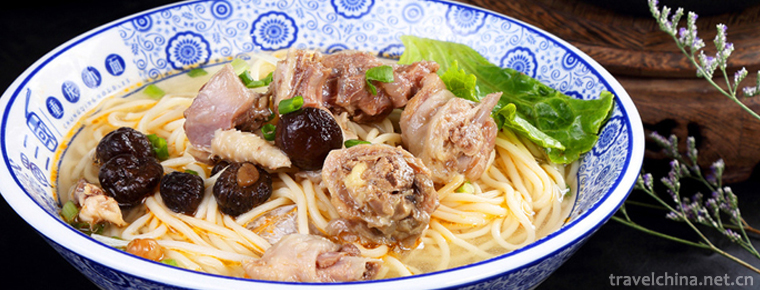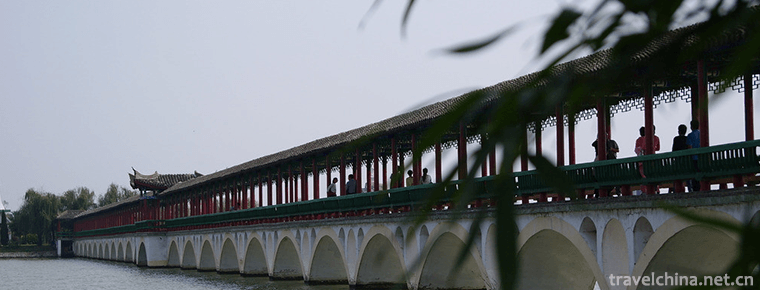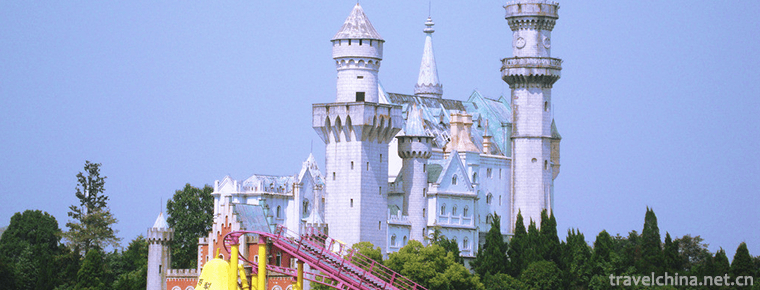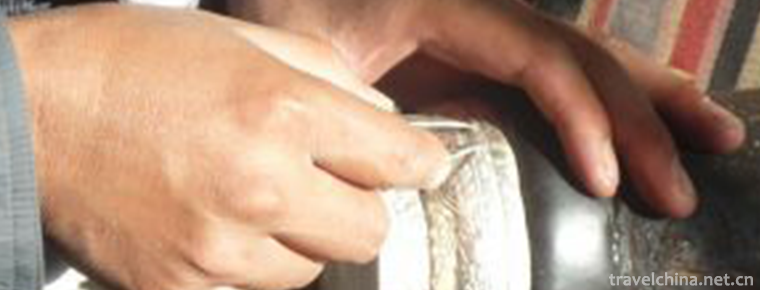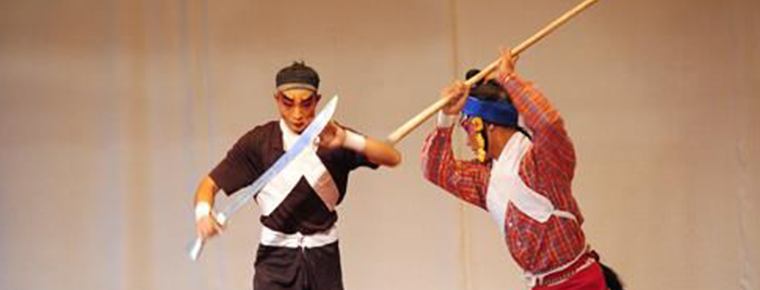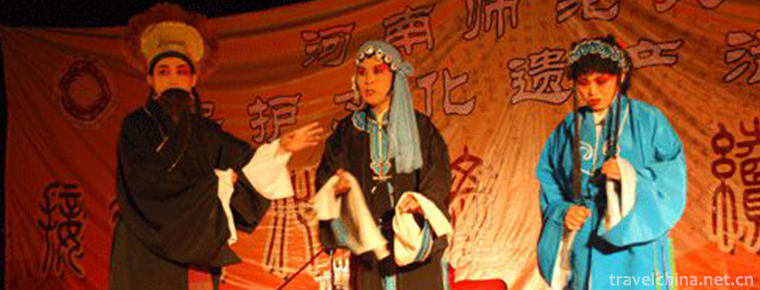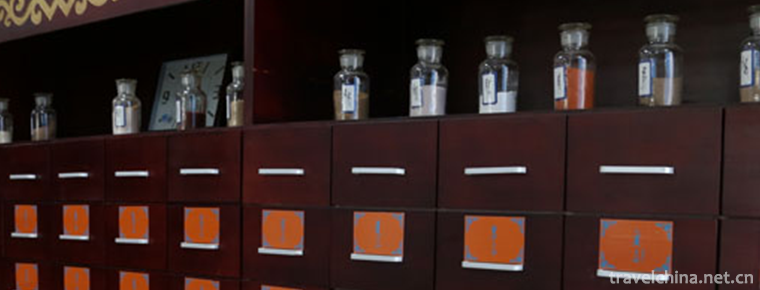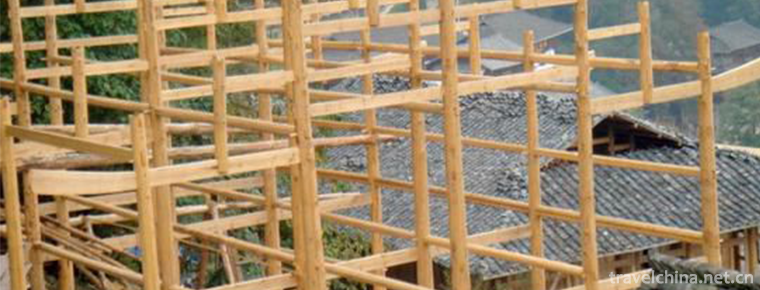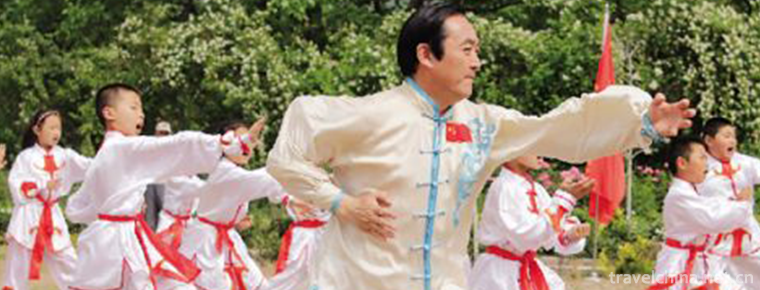Bouyei Leyou
Bouyei Leyou
Le You and Le Lang are Buyi oboe gas song instruments. They resemble suona, bowl-less, insect whistle playing, bright and sweet timbre. It can be used for Solo or singing accompaniment, and is deeply loved by the Buyi people. It is popular in Zhenfeng, Wangmu, Ceheng and Luodian of Buyi and Miao Autonomous Prefectures in Southwest Guizhou Province.
On June 7, 2008, Buyi Leyou was approved by the State Council to be included in the second batch of national intangible cultural heritage list.
historical origin
Zhenfeng Buyi folk instrument Leyou is a traditional folk instrument originally created by the Buyi people. Le You was originally called "Le You". Because this instrument plays like a suona, and uses cicadas as as whistles to make insect whistles and emit the long song of cicadas, people call it "Le You". Later, it gradually became a medium for Buyi descendants to talk about love and love, so it was also called "Le You" or "Le You" (Le You: Buyi language, that is, to invite friends). Le You took root deeply in the lives of the Buyi people and passed down from generation to generation.
Le You and Le Lang, handed down from generation to generation in Buyi, are closely related to the love and marriage of young people. They are musical instruments used by young men to express their love to their beloved girls, and are often given to women as a gift of engagement. Le You and Le Lang often play in the field at night. They can blow out all kinds of love stories and replace language with music. Le You (or Le Lang) is euphemistic and melodious. Except for the slightly regular beginning and end, the main melody is often improvised without any restraint. The same melody changes greatly every time it is played. After a long period of spread, each piece of music has specific content and certain meaning. There is a song "Le Lang Tune" which means that the brothers often think of singing when the spring water comes out of the rocky foot near the stream. The brothers don't love the golden bottle. The brothers only love the brothers, the brothers don't love the silver pot. The brothers hold the sweet nest in their hands and wait for the girls to hold the water. Who knows how to coax their brothers? How sweet the music, how beautiful the meaning, young people listened how can not immerse themselves in a happy love life. It is said that there are dozens of such Le You (or Le Lang) tunes. Later, with the gradual emergence of concise and implied lyrics, it developed into a unique Buyi love song, singing quite characteristic, because the lyrics are concise, some tones without words, but also to imitate the sound of Le You or Le Lang to express, very unique.
artistic characteristics
Le You is a phonetic translation of Buyi. The noun of "Le" in Buyi is Suona, and the verb is the meaning of pursuit and choice. The Buyi word "you" refers to a lover. Therefore, "Le You" can be literally translated as "the little suona of choosing (or looking for) a lover". It is also called Xiao Suona by the people. It is composed of tube body, reed whistle, intruder and resonator, with a total length of about 50 centimeters. Pipe body is made of Paulownia wood, Zanthoxylum wood or olive wood. It is thin and thick on the top and thick on the bottom and permeable at both ends. The tube is about 35 centimeters long. There are five or six circular sound-pressing holes on the front of the tube body. Five holes are common. A section of invader made of fine bamboo tube is inserted at the top of the tube body. The reed whistle is made of insect whistle, which is set on the upper part of the invader after special treatment. The lower end of the tube body is covered with a resonance tube. The tube body is made of a bamboo tube. The tube length is about 15 centimeters. The upper inner diameter of the tube should be slightly smaller than the outer diameter of the tube tail. Insect whistle is made of insect cocoons from sophora, yellow fruit or olive trees. It cuts off two ends and takes out pupae. It is soaked in tung oil and then dried after contraction. It can be used with a little pruning. It is similar to the quality of silkworm cocoon, and has the advantages of durability, not easy to break, deformation and soft pronunciation. In some places, when making Leyou, a copper hoop made of a piece of waste bullet shell is also put on the top of the tube body to prevent the cracking of the tube body, and the appearance is beautiful and generous.
Representative works
The popular traditional music includes "I haven't got married yet", "Missing you, missing you!", "Waking up at night at 3 o'clock", "Sister, you don't coax me!", "Blowing Le You Call for Sister", "Gossip Melody" and "Roaming Melody".
Development
As a kind of traditional music (folk music), the Buyi Leyou declared by Xingyi City, Zhenfeng County and Zhenning Buyi and Miao Autonomous County has been successfully selected into the second batch of national intangible cultural heritage list. In order to understand the development of Buyi Leyou. Villagers are very excited. They are proud that their original musical instruments have been selected into the national intangible cultural heritage list.
Inheritance significance
There is a story among the Buyi people: in ancient times, floods overwhelmed all the people and animals in the world. Only a pair of brothers and sisters, brother Muyu, sister Muyan, they were put in a gourd by their parents to survive the death. After the flood receded, the brother and sister depended on each other and were often depressed because they missed their parents and villagers who had passed away. One day, Muyu wore a tung tree with fire chopsticks at the edge of the fire pond in his boredom. It happened that the sound of cicadas came from the cracks of the wall. Inspired by this, he opened several holes in the Tung pole to blow out cicadas to relieve the depression. But it was not like blowing. When he opened the wall, the cicada had left behind only one cicada shell. So Muyu put the cicada shell on the paulownia tree and blew it up. He uttered the beautiful song of cicada. He expressed his yearning heartily. Since then, the Buyi people have an ancient folk musical instrument, Leyou. Muyu and Muyan (some historical materials called Valley and Wayuan) are the characters in ancient Buyi mythology and the ancestors of Buyi people in legend. It can be seen that Leyou's creation age is long.
Zhenfeng, Wangmo, Ceheng and Luodian in Southwest Guizhou, in Buyi villages along the Beipanjiang River, the melodious and sweet tunes blown out by Le You or Le Lang can be heard every night when stars are scarce. This beautiful music, like the water of a brook, is flowing in the mountains. The local tone of the Buyi people is like a beautiful Lyric poem, which brings the first visitors here into a dreamlike fairyland and makes people intoxicated and admirable.

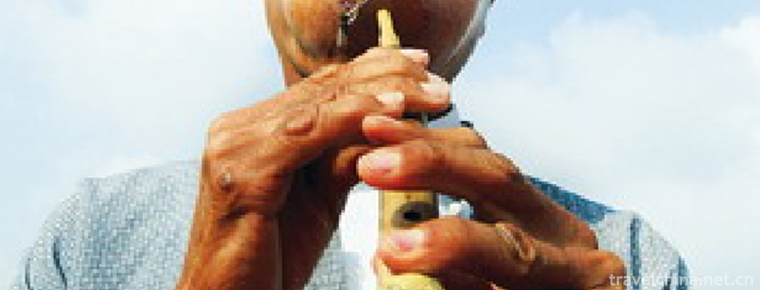
-
Letinous edodes chicken Noodles
Letinous edodes stewed chicken originated in Northern Jiangsu.
Views: 145 Time 2018-10-12 -
Aerge Mountains
Mount Alge, A'erge Mountains, a mountain range at the junction of Xinjiang Uygur Autonomous Region, Tibet Autonomous Region and Qinghai Province, China..
Views: 252 Time 2018-11-01 -
Bali River Scenic Area
Bali River Scenic Spot is a national AAAAA-level tourist attraction with "Global 500 Top" environmental protection. It is located in Yingshang County.
Views: 248 Time 2018-12-08 -
Changsha window of the world
Changsha World Window is located on the Liuyang River in the northeastern suburb of Changsha City, Hunan Province. It is a cultural theme park jointly invested by Hunan Radio and Television Media Co.,.
Views: 179 Time 2019-03-17 -
Tibetan Metal Forging Technology
Zhaxi Coloured Gold, Silver and Copper Processing Plant in Xikaze City, Tibet, has a long history. It is the earliest gold and silver bronze enterprise in the region with strong technical force.
Views: 179 Time 2019-04-08 -
Da Xian Opera
Daxian opera is a local traditional drama in Huaxian and Puyang counties of Henan Province, and one of the intangible cultural heritage at the national level. The singing music of Daxian opera belongs.
Views: 197 Time 2019-04-23 -
Falling cavity Luoqiang
Luoqiang is a traditional opera in Neihuang County, Anyang, Henan Province. It was originally called Luoziqiang, also known as Anyang Qiang. It is mainly prevalent in the Zhanghe River Basin in the no.
Views: 350 Time 2019-05-15 -
Mongolian Medicine
Mongolian medicine is mainly moxibustion, and is good at using fire needles. Fire needle is a method of treating diseases by rapidly puncturing the acupoints with red-hot needle tips. This method has .
Views: 306 Time 2019-06-04 -
Construction Techniques of Miaozhai Diaojiao Building
Miaozhai hanging-feet building is evolved from the form of "nest dwelling". It is built with bamboo and wood. The lower part of the building is hollow. It is called "semi-dry fence".
Views: 108 Time 2019-06-05 -
Xujiaquan
Xujiaquan, a traditional boxing method, originated in Tongji Village, Xintai City, Shandong Province. Xujiaquan originated in Yongzheng Period of Qing Dynasty and was created by Xu Shengcai, Gaozu of .
Views: 167 Time 2019-07-09 -
Climate characteristics of Mianyang
Mianyang City belongs to the humid monsoon climate zone of north subtropical mountain. In 2016, the average temperature was 17.9c, the days of excellent air quality were 279, and the average annual precipitation was 823.3mm. .
Views: 86 Time 2020-12-14 -
Mianyang Tourism
In 2018, Mianyang City realized a total tourism revenue of 64.766 billion yuan, an increase of 21.5%. Among them, domestic tourism revenue was 64.740 billion yuan, an increase of 21.4%; foreign exchange income of tourism was 3.8889 million US dollars,.
Views: 166 Time 2020-12-14
